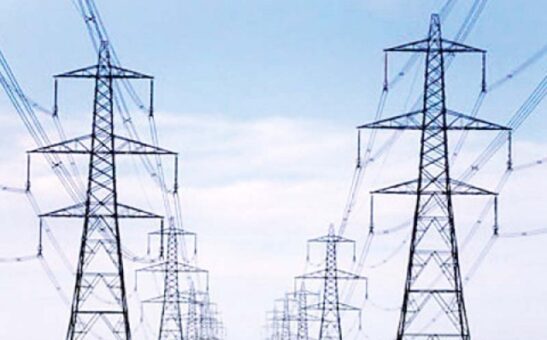Karachi, June 2, 2025 – A storm is brewing in Karachi as Jamaat-e-Islami (JI) takes to the streets, launching a fiery movement against K-Electric and demanding nothing less than the immediate cancellation of its license.
Accusing the power utility of plunging the city into darkness, JI Karachi is rallying citizens for what it calls a fight against “electrical terrorism.”
As the mercury rises, so does public anger. JI Karachi has called for citywide protests on Monday, targeting over 10 major roads where masses of enraged citizens are expected to gather. The message is clear: Karachi has had enough of K-Electric’s incompetence, and the time for accountability is now.
Party spokesperson Muneeb Zafar Khan, leading the charge, delivered a scathing rebuke of K-Electric’s (KE) operations. He stated that Karachiites are suffering unbearable 12 to 18-hour power outages daily, crippling homes, paralyzing businesses, and wreaking havoc on schools and hospitals. “This is not just mismanagement,” Khan thundered, “this is oppression, this is sabotage—this is electrical terrorism.”
He went on to accuse K-Electric of profiteering while slashing power generation, even as the number of consumers has more than doubled since 2005. Despite charging the highest electricity rates in the country, the utility has failed to deliver basic services, he claimed.
The JI has formally demanded the immediate revocation of K-Electric’s license and has called on the federal government to supply power directly to Karachi from the National Grid to end the suffering of millions.
Khan urged all Karachi residents to take to the streets and amplify their voice. “The only way to force change,” he declared, “is through public pressure.”
As the city braces for large-scale demonstrations, the message to K-Electric is loud and clear: Karachi won’t remain silent in the dark any longer.
As the city braces for large-scale demonstrations, the message to K-Electric is loud and clear: Karachi won’t remain silent in the dark any longer. The JI has also warned that if demands are not met, the scope of protests will widen, including sit-ins and possible legal action.
